Finding the right college to go to is one of the most difficult decisions to make for many students. Whether because of sports scholarships, best programs for your major or something as simple as distance from home, students want to make the right decision. However, students with disabilities can have difficulty finding a college that best fits their needs.
Roughly 15% of undergraduate students on college campuses report having some type of disability. That number may not seem high, but statistically equates to around 4,000 students at Iowa State with types of disabilities that range from learning disabilities to mobility issues. Finding a college that can accommodate specific needs can be incredibly challenging and frustrating.
Hannah Lynch, a freshman in pre-architecture, has been in close contact to issues of accessibility on campus.
“Many things need to be taken into account, like the weather and wear and tear affecting the sidewalks, causing cracks and instability for wheelchair users or even the fact that not all entrances have ramps and working handicap buttons for them,” Lynch said. “I understand that these are old buildings, but there’s always room for improvement.”
According to Lynch, campus resources should allow for a wider range of accessibility.
“Our campus is beautiful and even historic, but like, with the technology and knowledge we have now versus then, campus should be fully accessible for all students, not just the able-body students like myself,” Lynch said.
While Iowa State’s campus might be easily accessible for students without disabilities, it may not be fully navigable for those with physical limitations.
Disabilities are not always just physical limitations, they also can be developmental or learning disabilities. According to BestColleges.com, the most common developmental disability on college campuses is Attention-Deficit/Hyperactivity Disorder (ADHD), a condition including attention difficulty, hyperactivity and impulsiveness.
Micah Vemu, a sophomore studying aerospace engineering, said he has struggled with accessibility and accommodations when it comes to having ADHD.
“I do appreciate the accommodations they provide but I don’t feel like it helps that much, it feels like it’s treating symptoms instead of a disease,” Vemu said. “I feel like alterations to learning styles are so much more important than just ‘extending due dates.’”
When asked about active changes being made to the school and accommodations for conditions such as ADHD, Vemu said he thinks Iowa State has made attempts, but he does not particularly notice any active considerations to this day.
“Academic accommodations provide students with equal access to course instruction, material and evaluation,” Clara Kittleson, assistant director of Student Accessibility Services (SAS) said. “They ‘level the playing field’ by reducing or eliminating barriers between a student’s disability and the learning environment.”
Kittleson also said non-academic accommodations can help a variety of students with varying disabilities.
“Housing, dining and assistance animal accommodations in college are crucial in promoting inclusivity, meeting diverse needs and ensuring equal access to education, living environments, safe dining and necessary support for individuals with disabilities,” Kittleson said. “Reasonable non-academic accommodations must be medically necessary to be approved.”
One common misconception is that if a person reaches out for help, they are getting “special treatment” or a better learning opportunity. But that is proven not to be the case according to Kittleson.
“Reasonable accommodations are there to allow the student with a disability an equal learning opportunity to their peers,” Kittleson said. “They do not guarantee student success and do not provide an unfair advantage.”
Many students also experience “hidden” or “invisible” disabilities, meaning it isn’t always obvious when someone is disabled or needs extra help.
“When students seek and are approved for accommodations, these accommodations are provided to ensure students have access to their education,” Kittleson said. “I think it’s important for people to understand that disability can mean a lot of things.”
If a student is struggling on campus due to a disability, SAS may have accommodations that can fit the needs.
Accommodations provided by SAS are a step in the direction toward creating an equally accessible campus.
Whether physical, developmental, mental or a learning disability, disabilities impact many students on campus.
To learn more about disabilities, visit ISU’s Alliance for Disability Awareness (ADA) and get to know their stories and values. The ADA is a student organization that supports students with disabilities and raises awareness for more accessibility on campus.


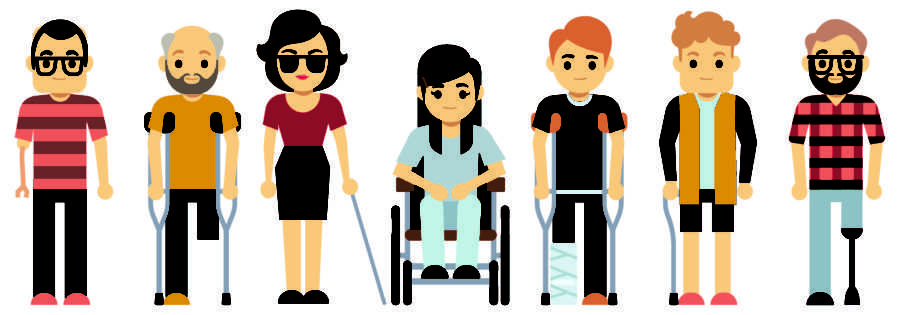
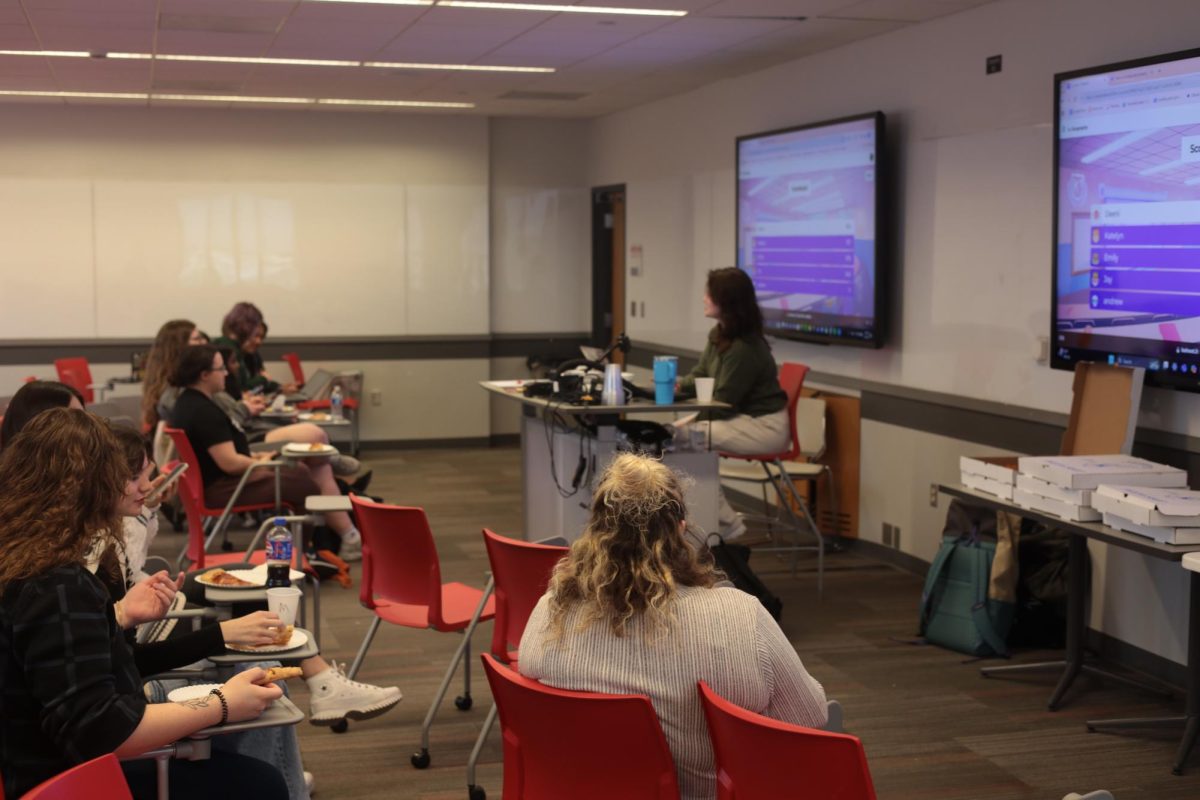

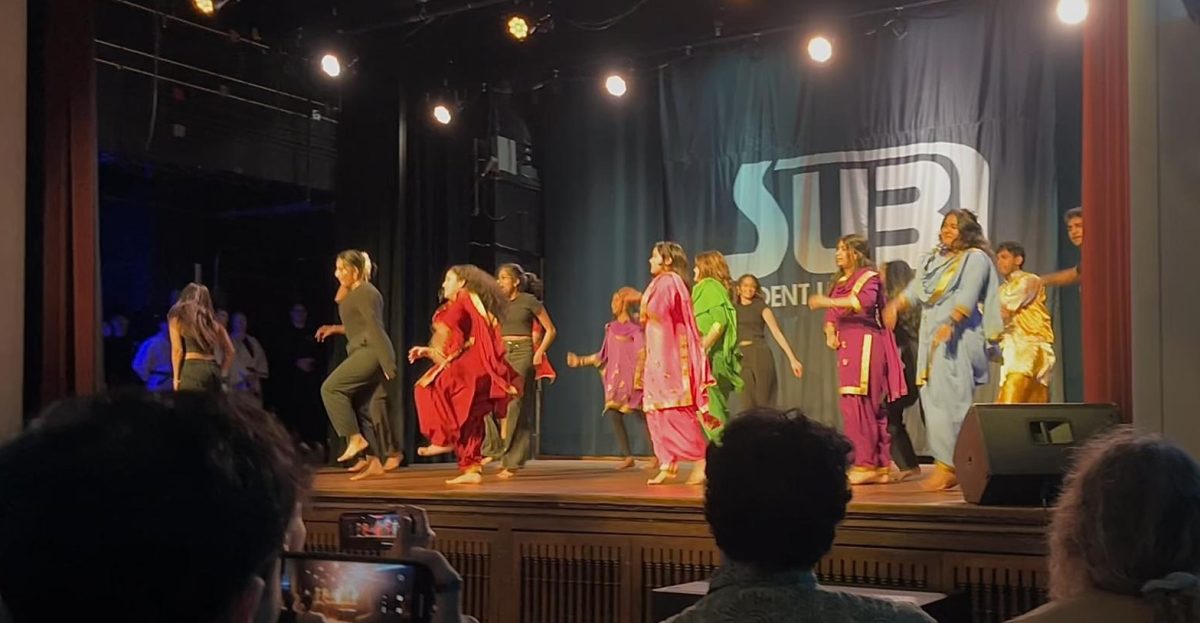

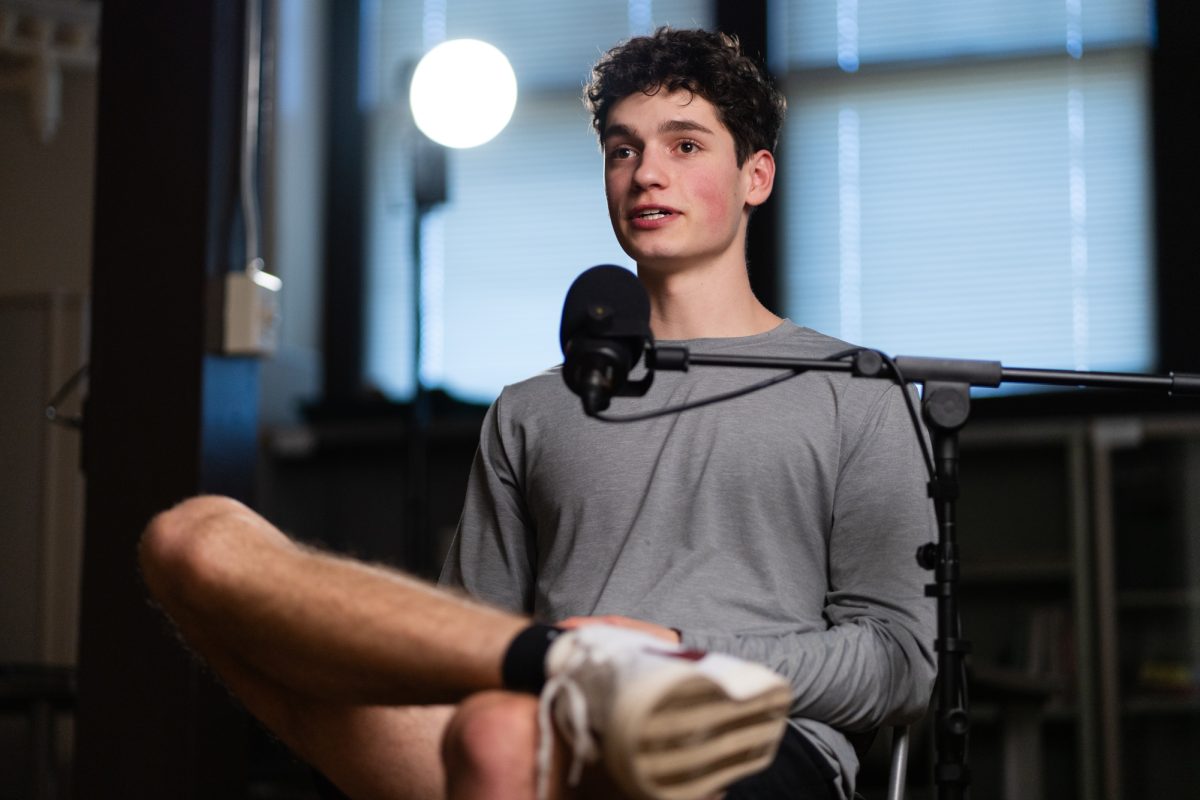
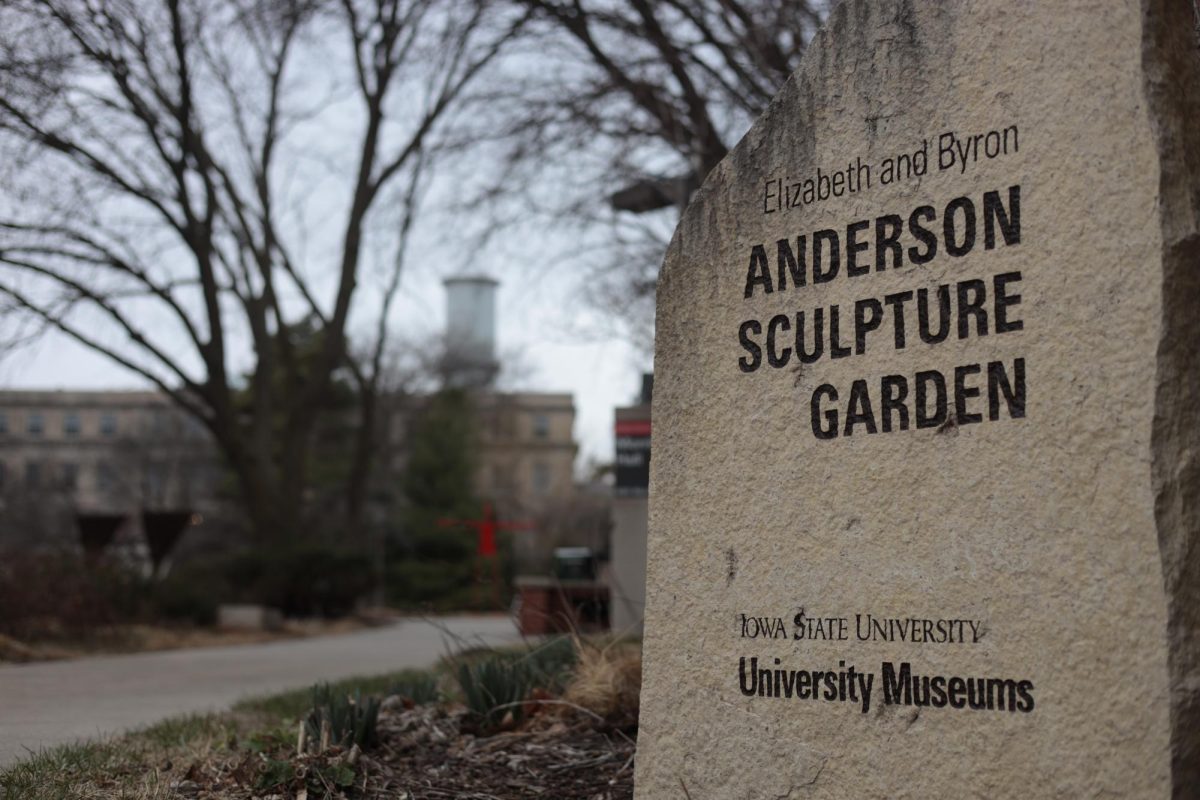
Kathleen M Waggoner | Oct 11, 2023 at 6:16 pm
it is not simply the students who have a difficult time navigating the campus. Ross Hall has one door that opens automatically, the outer door. Once inside, the door allowing you to get inside building is not automatic. As a faculty member on crutches, it was almost impossible Sundays to get into the building so I could go to class.